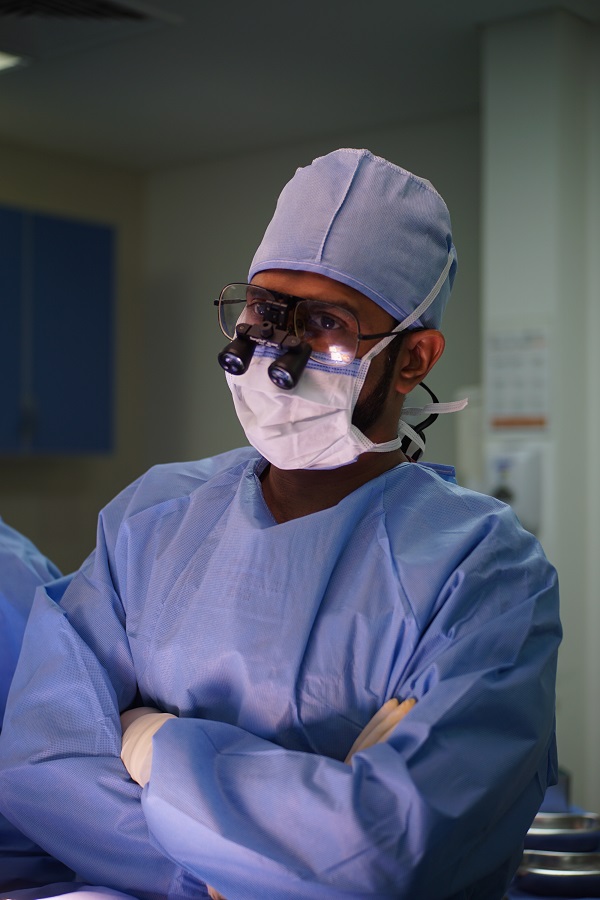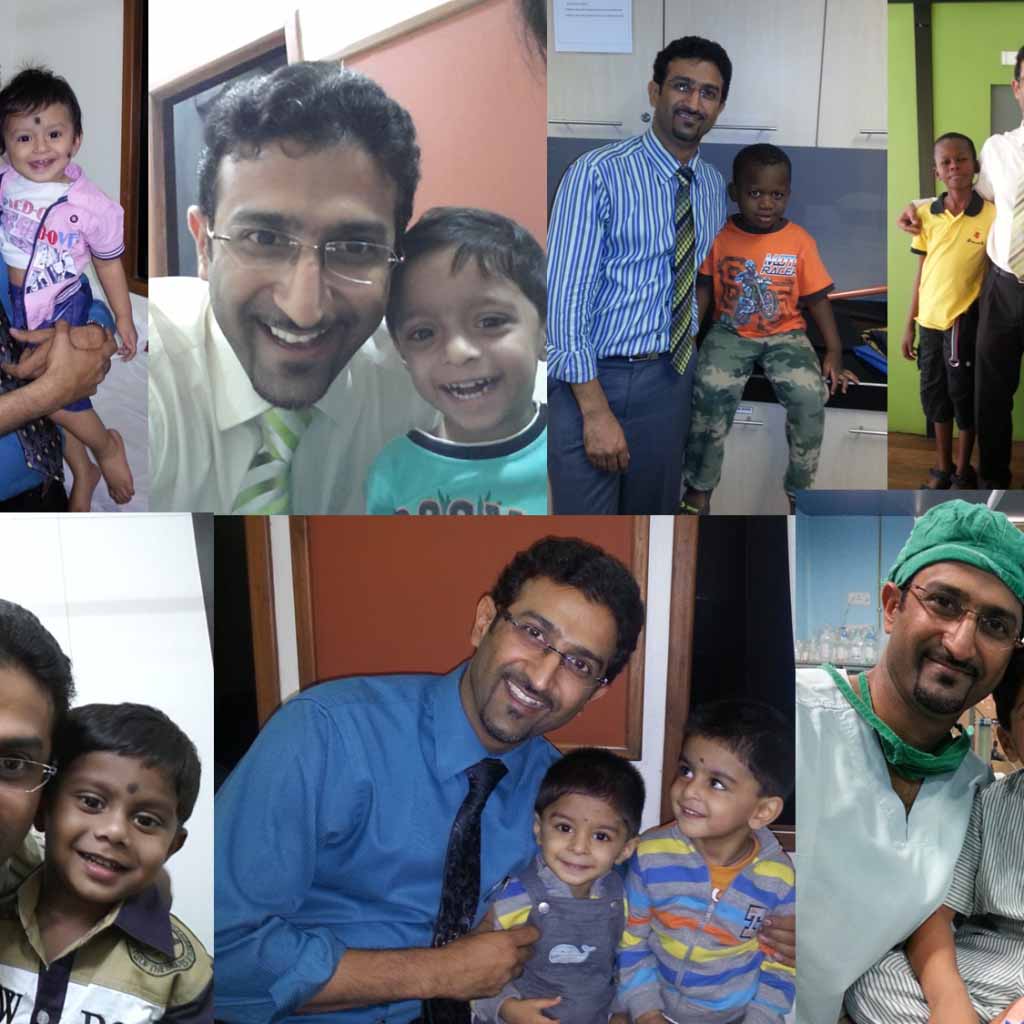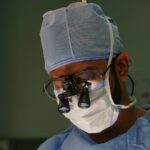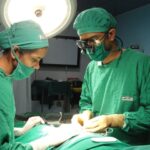Hypospadias remains one of the most common urological anomalies in children. With almost 1/150 boys across the world born with hypospadias every year, there is a large number of children with hypospadias who do not reach the right hypospadias doctor. Hypospadias is a complex anomaly and there are many variations are possible in anatomy which dictate the type of surgical repair being done and results thereof.
Results and complications of hypospadias surgery depend on the experience of the hypospadias surgeon and his interest in managing the condition. While some hypospadias surgeries fail due to failure on the part of the surgeon to select the proper technique of repair, others fail due to unknown reasons and it is difficult to go back and check whatever the reason may be. Unfortunately the time only moves one way and that is forward.
The common type of failures or complications seen in hypospadias surgery are:
- Urethral fistula- leakage of urine from somewhere other than main hole- 2-3 streams may be seen. Fistula formation is the most common complication of hypospadias surgery.
- Stricture or stenosis: new passage may become tight leading to narrow stream, painful urination and straining to pass urine. This can be at the tip- meatal stenosis or somewhere down in the new passage.
- Curvature: Sometimes surgeon doesn’t correct the chordee fully because of which there is residual chordee. Remember if the chordee is not corrected fully in the first surgery, there is always a chance of failure of surgeries and future complications. Hence, chordee correction is the most important step in the hypospadias surgery.
- Diverticulum: here the new urethra balloons up leading to visible swelling in the penis while passing urine. This can lead to local and urine infections as well difficulty in passing urine.
- Dehiscence: Sometimes the repair gives way completely- this can be at the level of glans (glans dehiscence) or partial or complete dehiscence
- Penile torsion: If the penis is rotated around its axis, it is called penile torsion. Sometimes the penile torsion is present before the surgery or it can happen post-surgery also due to complication of the hypospadias surgery itself.
- Poor cosmetic result: If there is kin level sinus formation, uneven tags or even penile skin shortening, this can lead to poor cosmetic outlook.
How second opinion can help for a child or adult with failed hypospadias
Hypospadias is one clinical condition where we do not need any complicated tests or examination to determine if the child had a success of the hypospadias surgery or not. If the child is passing urine from the tip of penis, in a single, straight, thick stream comfortably and the erections are straight- they know that the surgery has been successful.
Often the primary surgeon may be not able to manage the complication, may not be an expert in managing failed hypospadias or may not be able to think through the complication roadmap due to a mental roadblock. In such situations, an expert neutral second opinion from an experienced hypospadias surgeon may help significantly. A new line of treatment or a fresh perspective may help in finding the right solution. At hypospadias foundation, we often see cases where the first surgeon has tried 3-4 surgeries sometimes even 6-7 and they have not worked, clearly a new approach should have been taken to give a good result.
How to take a second opinion for hypospadias
You can just fill-up this form (Contact form for Hypospadias) or send an email to hypospadiasfoundationindia@gmail.com or communicate via whatsapp with Dr Rajkumar – +919821261448. It is best to send pictures of penis, a short video of child passing urine and pictures of previous surgery records. A short summary in a word document also helps us in understanding the issue. We typically get back with an opinion within one week.
Payment for second opinion
Most of the times if it is a basic opinion & short straightforward case, Dr Singal discusses with Dr Rajkumar and then Dr Rajkumar sends an outline of suggested approach via email. There are no charges for a basic second opinion. Dr Rajkumar has been working and managing all remote consults at Hypospadias Foundation for more than 10 years and has managed more than 2000 cases with Dr Singal.
At other times if the parents wish to speak to Dr Singal or the case requires and extensive review which can’t be done in a short while, then it is time commitment from Dr Singal. Such consultations are chargeable and done on phone or skype. Typical charges vary from 1500 INR to 100 USD.
Can second opinion be given without in person examination?
With the availability of good pictures, videos, medical records and reliable history- a very reliable second opinion can be given for hypospadias. Very rarely, the case is too difficult or needs a physical examination, in such cases we let the family know about this in advance.
Be rest assured that a good outcome after treatment at Hypospadias Foundation in India is a common and mutual goal for us and the family. We get children from all over the world who travel far and wide to India for finding a cure and best results for their child’s failed hypospadias. And we give our best care and treatment to all such families.

Dr. Singal during Hypospadias Surgery

Contact Form for Hypospadias Foundation
Please fill all clinical details and upload pictures and clinical summaries (if available)


